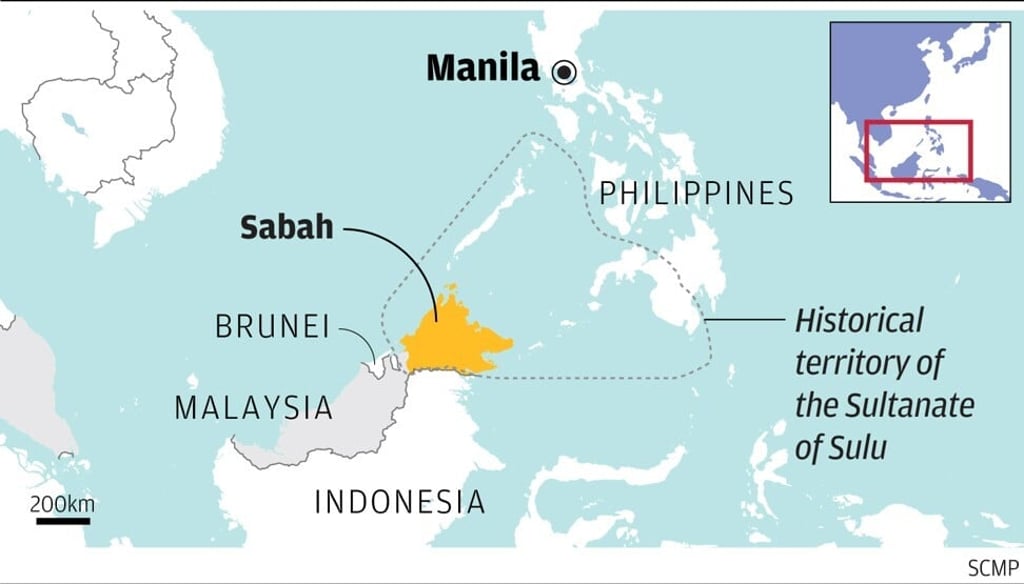Advertisement
Opinion | Why the Philippines’ Sabah claim against Malaysia isn’t a land grab
- Manila’s claim over a part of northern Borneo island may have been long dormant but that does not make it any less valid, argues Lucio Blanco Pitlo III
- Malaysia cannot buy off the Philippines into dropping its claim any more than it can rewrite history
Reading Time:4 minutes
Why you can trust SCMP

Sabah has been a sticking point in Malaysia-Philippines relations ever since the Federation of Malaysia formally came into being in 1963. Manila long put the issue on the back burner to foster good relations with its neighbour, but realised that prolonged silence would never bring the issue to a close.
A bill to include Sabah and the country’s maritime domain in the West Philippine Sea on a map in the country’s passport – alongside a tweet from the Philippines’ top diplomat – revived the dispute anew.
Manila and Kuala Lumpur recently traded barbs over the issue. Philippine Foreign Secretary Teodoro Locsin Jnr said he would revive the North Borneo Affairs office in his ministry, while Malaysia issued a note verbale and rejected the Philippines’ claim.
Advertisement
The dispute over Sabah is the biggest stumbling block to enhancing trade and connectivity within the Brunei-Indonesia-Malaysia-Philippines East Asean Growth Area, a subregional grouping in maritime Southeast Asia that is the counterpart of the Greater Mekong Subregion on the mainland. Manila contends that it acquired dominion and sovereignty over portions of Sabah as a successor to the Sulu Sultanate, whose heirs the Malaysian government continued to pay annual rent until 2013.

Advertisement
At its zenith in the 18th century, the sultanate ruled the Sulu Archipelago, parts of Mindanao, Palawan and Sabah, the last of which it leased to a British commercial syndicate in 1878. However, neither the heirs to the sultanate nor the newly established Philippine Republic were consulted when administration of Sabah was transferred from the British North Borneo Company to the British Crown in 1946.
Advertisement
Select Voice
Select Speed
1.00x
